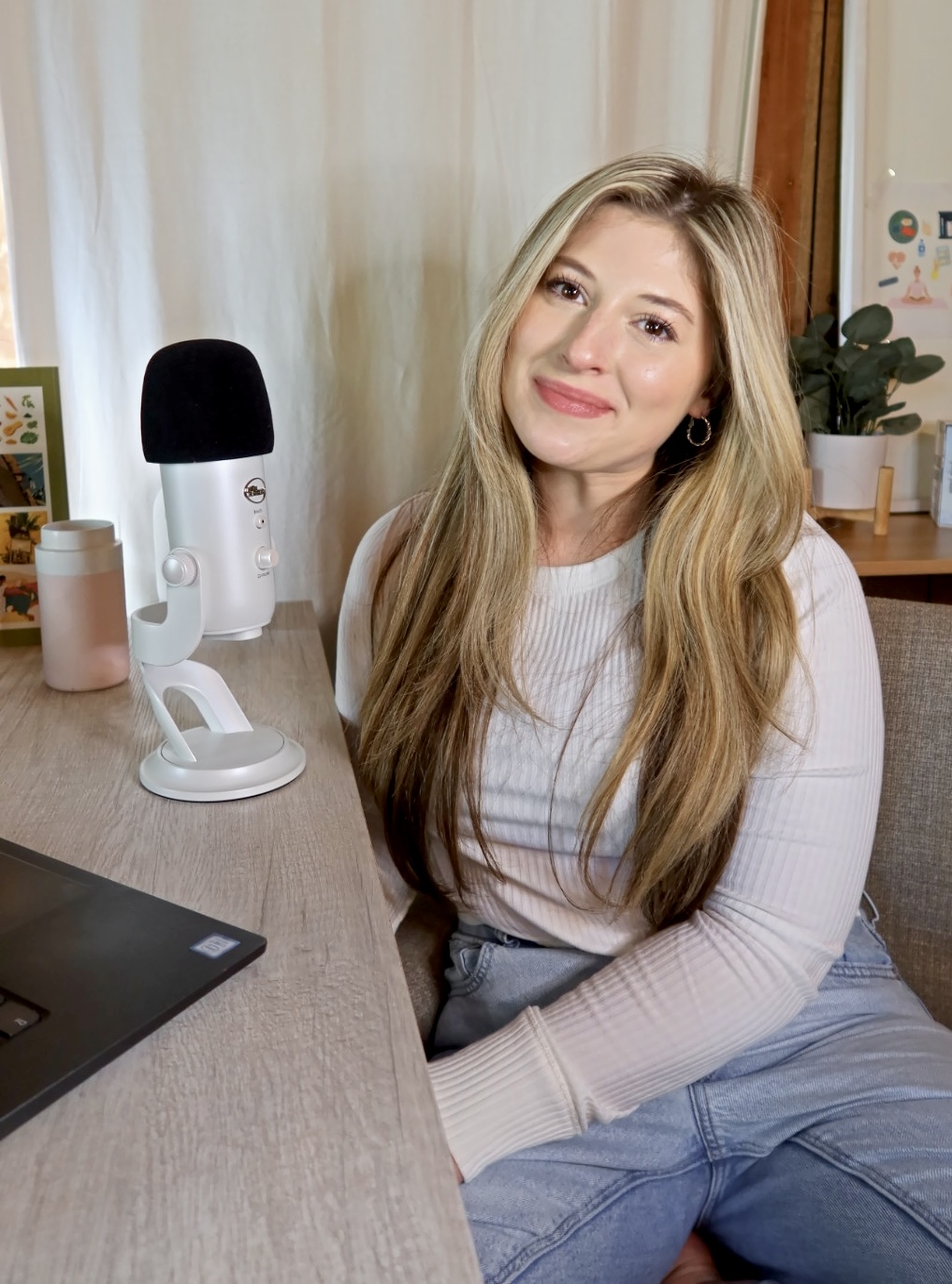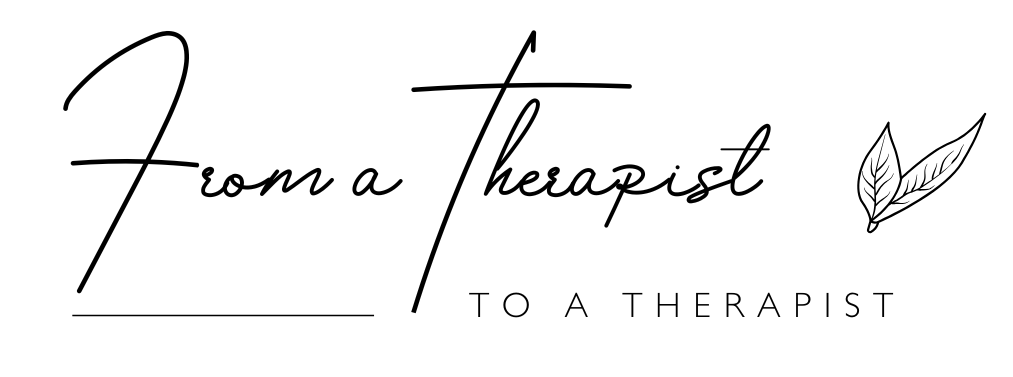We all as humans struggle at times. Yes, even as therapists.

an anxious therapist, can you imagine?
It may be no surprise to learn that, yes, even as therapists we struggle too. We are, in fact, human just as our clients are. However, what if you struggle with anxiety, you fear you aren’t good enough to be a therapist, you believe your peers have something figured out that you don’t, or question “am I meant to be a therapist if I feel this way?” Well, this is exactly what I questioned on repeat throughout my path in becoming a counselor.
and as time went on i thought, I can't be the only one who feels this way.
In fact, I learned I am not alone and many therapists struggle deeply at various points with an experience called imposter syndrome with some studies listing prevalence rates as high as 65% for counselors-in-training*. This led me down a path of trying to understand the young therapist experience and, thus is where my passion grew.
*Clarke, B. J., Hartley, M. T., & Button, C. (2024). Impostor phenomenon and counselor development: The critical role of self-compassion. Journal of Counseling & Development, 1–12.
My passion for other beginning therapists grew in graduate school.
My interests in counselors-in-training and challenges faced by new clinicians started early on when I was in my graduate program for clinical mental health counseling. I spent a lot of time researching topics related to the therapist experience and even presented on therapist related concerns with a professor from my program at a local state conference on “Addressing Burnout and Compassion Fatigue Using Self-Compassion” . I graduated from my program in TN with an Ed.S. and have an NCC designation. (This means I passed my comps and the NCE, the National Counselor Examination).
Currently, I am a LPC-MSHP(t), a licensed professional counselor with a mental health specialization who is under temporary licensure status in Tennessee. I am working under supervision while obtaining hours towards full licensure as an LPC-MHSP in Tennessee. I work as a trauma therapist and specialize in complex trauma/C-PTSD, chronic pain and illness, as well as neurodivergent affirming care. I have continued my trainings in EMDR, Brainspotting, and IFS to help clients heal trauma. I also work with therapists as clients who struggle with imposter syndrome and burnout.
My Favorite Things
coffee shop visits
lofi music on repeat
All things space
cozy comfy blankets
podcast binging & books
embracing compassion, growth, and humility
I believe addressing topics related to the new therapist experience doesn’t have to be shameful or be kept a secret. We all struggle and deserve compassion as we continue to grow into the therapists we’ve dreamed of becoming. I believe we are human first, before a therapist.
What I'm not about:
Although I believe perfectionism can be rooted in a desire to strive for excellence, maladaptive or toxic perfectionism can get in the way and lead to burnout for therapists especially if we start out from the beginning with unreasonably high expectations of ourselves. Yes, be ethical. Yes, strive to show up as your best therapist self. And, I give you permission to connect to the parts that feel like they have to hide from other therapists. Here, you can show up as you are, fears and all.
who am i when i am not a therapist
Here’s a look at my typical day. I am all for solitude in the morning with a coffee. Sometimes I sit and do absolutely nothing and other times I read a book. I love to take paths of slowing down and coming back to my center whenever I can. I do lots of reading, lots of self-reflecting, go to my own therapy, and love hanging out with with my partner and friends. I truly value taking it slow.

free 7 minute guided meditation
Tired of feeling stuck in imposter syndrome?
This practice is for the students or early career clinicians who feel totally stuck in anxiety, thoughts of being or not knowing “enough”, and who feel stressed out as they are about to or currently are seeing clients.
This practice helps guide you to slow down, witness your fears, and sit alongside self-compassion. If you ever struggle with imposter syndrome especially before a session, this practice is for you.

